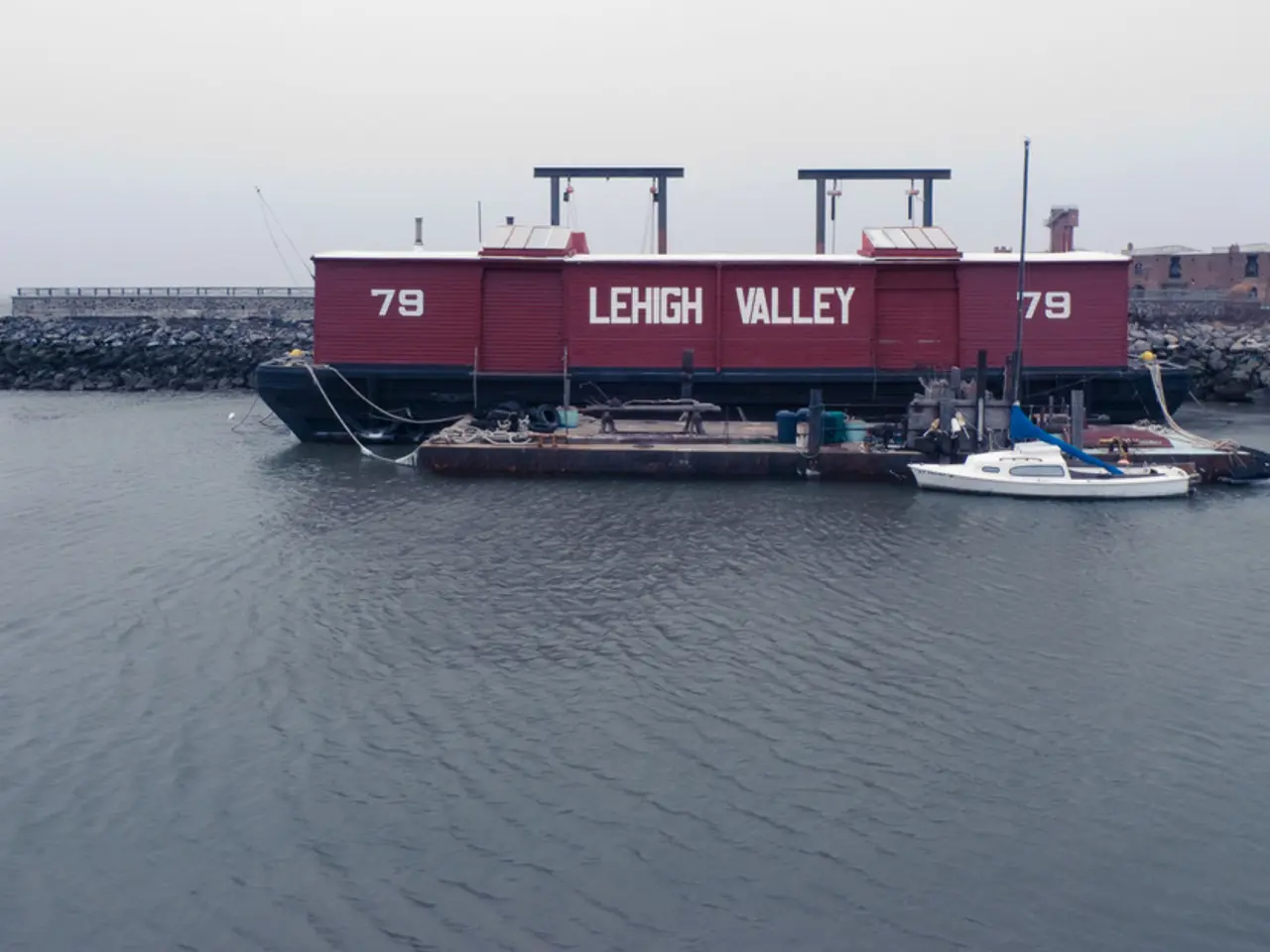EPCAPE Unveils Unprecedented Insights into Coastal Marine Clouds
A yearlong campaign, the Eastern Pacific Cloud Aerosol Precipitation Experiment (EPCAPE), has concluded, yielding unprecedented insights into coastal marine clouds and their interaction with atmospheric aerosols. The research, led by Principal Investigator Lynn Russell, has provided a comprehensive understanding of these clouds' role in precipitation and climate regulation.
EPCAPE, designed to capture four seasons of data, focused on marine stratocumulus clouds, which reside in the lower troposphere and are sensitive to environmental changes. The campaign, involving 17 co-investigators from various institutions, was a resounding success, with more clouds and data than initially anticipated.
The research team likened the year's observations to a two-layer cake, with ocean-like influences at the surface and marine clouds higher up. EPCAPE collected comprehensive aerosol and cloud microphysical assays on Mount Soledad, three kilometers from the main site at Scripps Pier. The Department of Energy's Atmospheric Radiation Measurement (ARM) user facility provided key instrumentation, including one of its portable atmospheric observatories.
EPCAPE's yearlong observations have significantly advanced our understanding of coastal marine clouds and their role in precipitation. Most of the direct measurements are freely available for further research. The campaign's success underscores the importance of such targeted investigations in unraveling the complexities of Earth's climate system.
Read also:
- Tata Motors Establishes 25,000 Electric Vehicle Charging Stations Nationwide in India
- Tesla's Nevada workforce has escalated to a daily output of 1,000 Powerwall units.
- AI-Enhanced Battery-Swapping Station in Southeast Asia Officially Opens Its Doors
- HAW Hamburg's Pilot Plant Transforms Waste into Climate-Neutral Fuel








